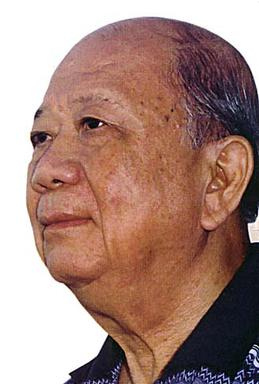In his 1964 book
Gen. Douglas MacArthur (Gold Medal Books, Greenwich, Conn.), Bob Considine writes, “
MacArthur’s final plan for winning the Korean War was outlined to this reporter in the course of an interview in 1954 on his 74th birthday. … ” “Of all the campaigns in my life—20 major ones to be exact—the one I felt the most sure of was the one I was deprived of waging properly. I could have won the war in Korea in a maximum of 10 days, once the campaign was under way, and with considerably fewer casualties than were suffered during the so-called truce period. It would have altered the course of history.
The Nuclear Solution
“The enemy’s air would first have been taken out. I would have dropped between 30 to 50 tactical atomic bombs on his air bases and other depots strung across the neck of Manchuria from just across the Yalu at Antung (northwest tip of Korea) to the neighborhood of Hunchun (northeast tip of Korea near the border of the USSR).
“That many bombs would have more than done the job! Dropped under the cover of darkness, when his planes were in for the night, they would have destroyed his air force on the ground, wiped out his maintenance and his airmen. …
“With the destruction of the enemy’s air power, I would then have called upon a half million of Chiang Kai-shek’s troops, sweetened by two U.S. Marine divisions. These would have been formed into two amphibious forces. One, totaling four-fifths of my strength and led by one of the Marine divisions, would have landed at Antung and proceeded eastward along the road that parallels the Yalu.





